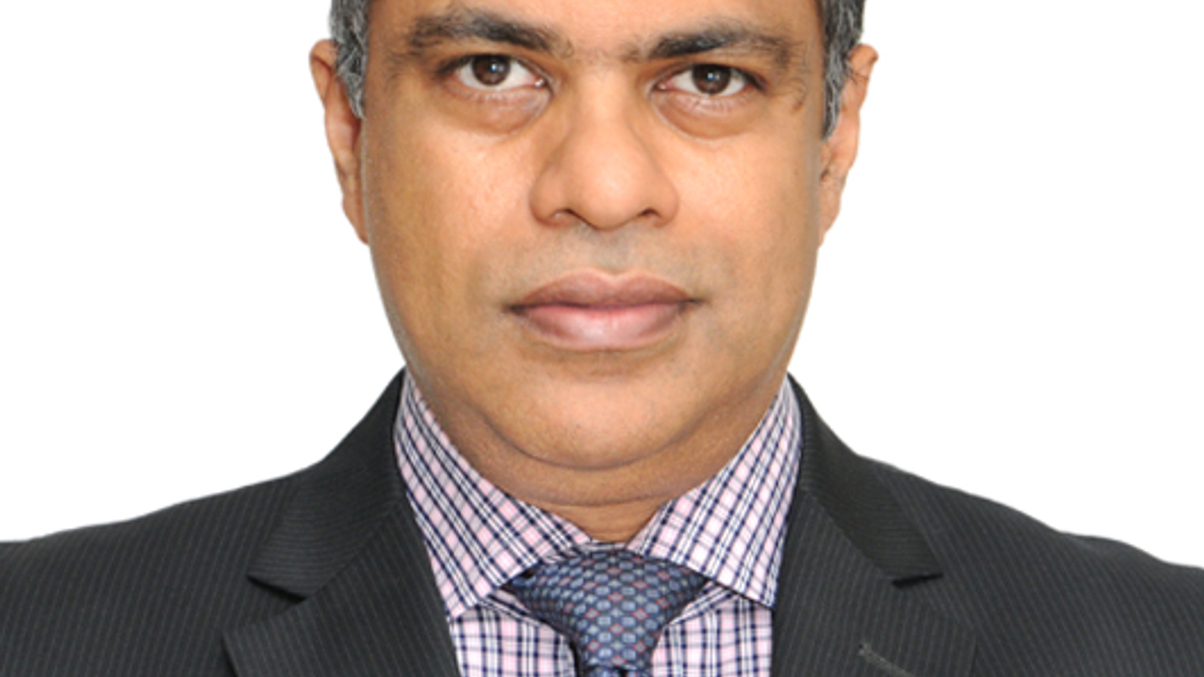Bangladesh reaching out for investment
Bangladesh has a vibrant economy and expanding industrial sectors that are eager to attract foreign investment.

The investment case for Bangladesh is convincing, but it needs to be publicised. Too often the country gains attention for natural or man-made disasters, or else it is dismissed as a source of cheap labour for the textile and garment industries.
Sign in to read on!
Registered users get 2 free articles in 30 days.
Subscribers have full unlimited access to AsianInvestor
Not signed up? New users get 2 free articles per month, plus a 7-day unlimited free trial.
¬ Haymarket Media Limited. All rights reserved.


